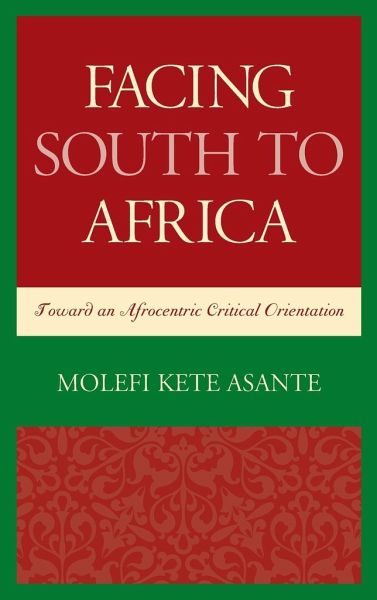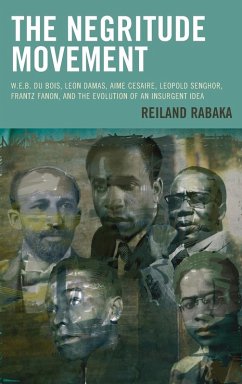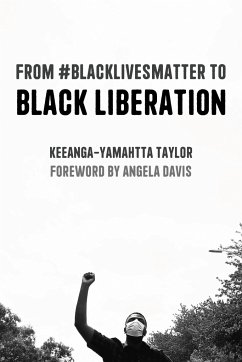
Facing South to Africa
Toward an Afrocentric Critical Orientation
Versandkostenfrei!
Versandfertig in über 4 Wochen
112,99 €
inkl. MwSt.
Weitere Ausgaben:

PAYBACK Punkte
56 °P sammeln!
Renowned Critical Africana scholar and philosopher, Molefi Kete Asante demonstrates the multidimensionality of Afrocentricity as a paradigm of theoretical perspectives advancing the agency of African people. Examining orientations to culture, society, values, and communication, Asante’s essays face South first, and then to the rest of the world.














